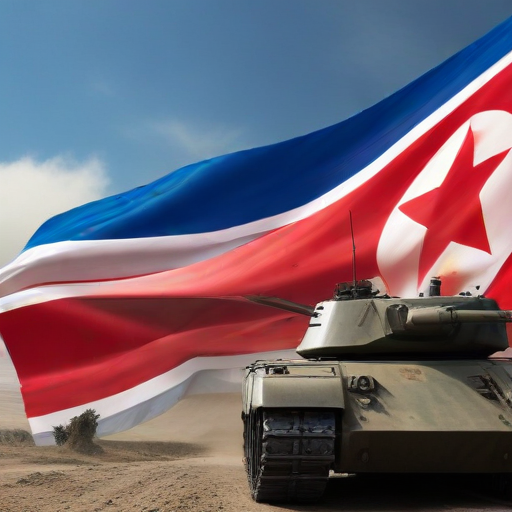Recent developments regarding North Korean troops potentially aiding Russia in its conflict in Ukraine have provoked widespread analysis. Initial reports in October speculated about the potential roles North Korean soldiers might fulfill, particularly considering their limited battlefield experience. However, subsequent insights revealed that North Korean forces have already participated in combat operations, leading to a reevaluation of their capabilities and contributions in the conflict.
Originally, the Pentagon estimated that around 11,000 North Korean troops might be deployed, but some sources suggest that this number could rise significantly, even reaching 100,000. Clarifying these figures has proven challenging, as both Moscow and Pyongyang have remained tight-lipped regarding the situation.
Assessing the effectiveness of these troops is complicated. North Korea boasts one of the largest militaries globally with approximately 1.28 million active personnel, but the Korean People’s Army (KPA) lacks recent combat experience. Analysts like Mark Cancian from the Centre for Strategic and International Studies suggest that while the KPA is highly indoctrinated, it would be misleading to label these soldiers as mere fodder. Intelligence from Ukrainian and South Korean sources indicates that many of the deployed soldiers hail from elite units known for advanced infiltration and sabotage training. These units could excel under the right circumstances, particularly with additional training from Russian forces tailored to the specific challenges in Ukraine.
Video evidence has surfaced showing individuals believed to be North Koreans engaged in training exercises in Russian military attire, signaling active involvement. The growing casualty rate on the Russian side, with over 1,000 soldiers affected daily, has prompted Moscow to seek reinforcements, making North Korean troops a viable option given their training and motivation compared to newly recruited Russian soldiers.
The alliance appears mutually beneficial: Russia gains necessary manpower while North Korea secures financial support, estimated at approximately $2,000 per soldier monthly, which could enhance its military capability and resources. Furthermore, there are potential implications for North Korea regarding technology access from Russia, which could reshape the military dynamics in the region.
As for South Korea’s perspective, these developments could heighten tensions given its ongoing conflict dynamics with the North and uncertainty surrounding these military operations.
In summary, while the full impact of North Korean troops’ involvement in Ukraine remains to be seen, their potential effectiveness combined with the strategic needs of both rubrics reflects a complex geopolitical landscape. This scenario illustrates the shifting alliances in global conflicts, suggesting that North Korea’s participation may bolster Russian efforts while also providing significant financial opportunities for the isolated regime.
